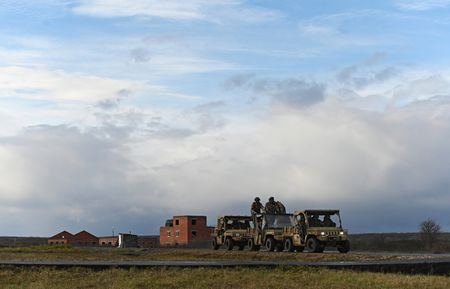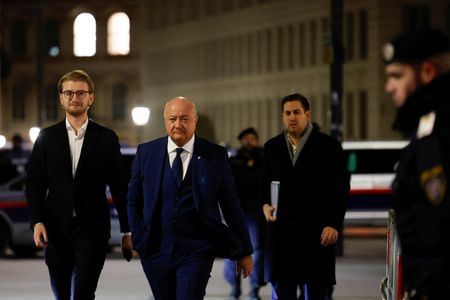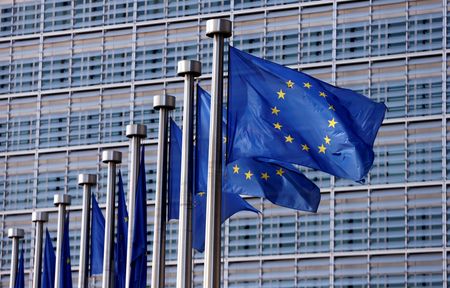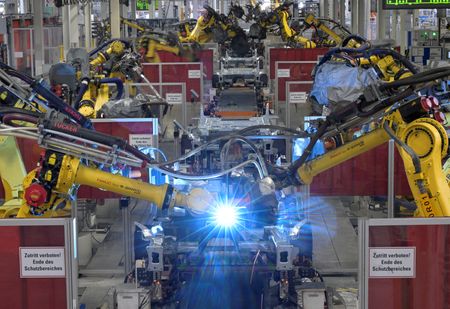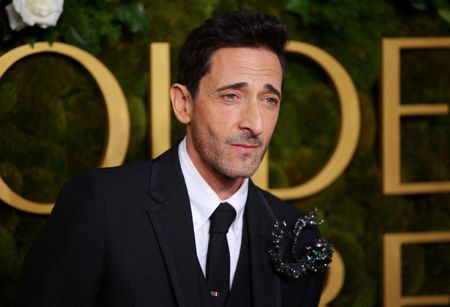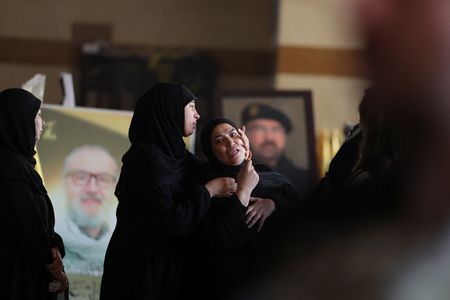By Greg Torode
HONG KONG (Reuters) – Russia lost 1,400 tanks in just the last year amid its invasion of Ukraine but has so far been able to cope with the losses and is facing a less serious drain of its personnel than Kyiv, a leading security research organisation said on Tuesday.
Both sides are suffering a heavy attritional toll after nearly three years of war. Moscow’s economy, however, is proving resilient and its stockpiles of Soviet-era armour and artillery are helping it keep pace so far, the International Institute for Strategic Studies said.
“While Russia can currently sustain the manning of its forces, evidence suggests that Ukraine, which has generally kept its casualty figures secret, has suffered a serious drain on its personnel,” the IISS said in its annual Military Balance report on international militaries.
Ukraine “faces challenges in force management – with many ground units under strength,” the IISS said in remarks that came a day after Ukraine’s Defence Ministry launched a recruitment drive to attract 18-to-24-year-olds to military service for a year.
Ukrainian forces have maintained pressure on Russia, constraining its once-formidable Black Sea fleet. But while it had received advanced Western equipment, it was “not always in the volume or with the freedom of action that Kyiv would prefer,” IISS said.
The IISS figures show Russia has now lost 4,400 main battle tanks since its forces invaded in February 2022, trading quality for quantity as it tapped armour stockpiled since the 1960s.
“The remaining equipment in store could allow Russia to sustain the current rate of loss in the short term, but a significant number of these platforms would require deep and costly refurbishment,” the report said.
The war has become the overriding purpose of Russian President Vladimir Putin’s government, which was ensuring its pace and scale neither strained domestic stability nor hardened Western resolve, the report said.
“But the difficulties that a major war and severe sanctions impose are currently chronic and cumulative, not acute and crisis-inducing,” IISS noted.
(Reporting By Greg Torode; Editing by Gerry Doyle and Jon Boyle)

